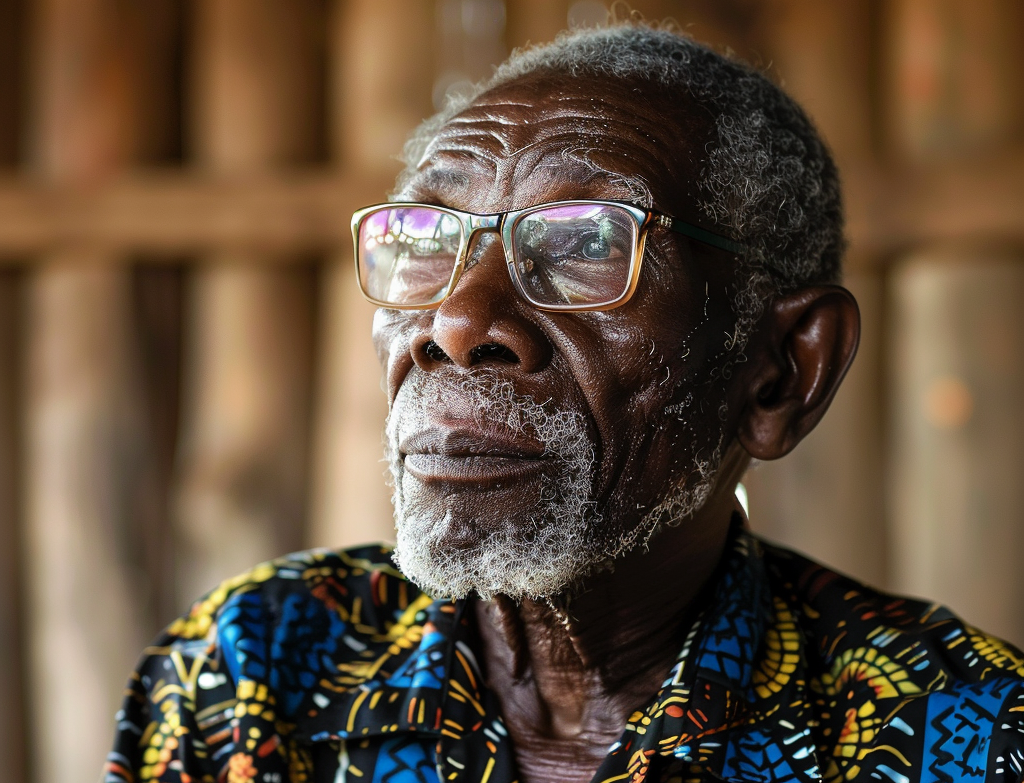In the vast landscape of African historiography, oral history stands as a cornerstone, weaving together the threads of memory, tradition, and lived experience to illuminate the contours of Africa’s rich and diverse past. Join us as we delve into the role of oral history and collective memory in shaping African historiography, exploring the challenges and opportunities of incorporating oral sources into scholarly research.
The Power of Oral Tradition
For millennia, African societies have preserved their histories through oral tradition, passing down stories, myths, and legends from one generation to the next. Oral history serves as a living repository of knowledge, capturing the voices and experiences of ordinary people whose stories might otherwise be lost to the sands of time. From epic narratives of migration and conquest to intimate accounts of everyday life, oral tradition offers a window into the complexities of African societies and cultures.
Challenges of Oral History
Yet, oral history presents its own set of challenges for historians. Unlike written documents, oral sources are ephemeral and subject to the vagaries of memory, interpretation, and transmission. Memories fade, perspectives shift, and stories evolve over time, making it difficult to ascertain the accuracy and reliability of oral accounts. Moreover, oral tradition is often bound by cultural norms and social hierarchies that may shape what stories are told and who gets to tell them, introducing biases and limitations into the historical record.
Navigating Memory and Interpretation
Incorporating oral sources into scholarly research requires historians to navigate the complexities of memory and interpretation. Oral interviews, life histories, and community narratives offer invaluable insights into the lived experiences of individuals and communities, but they must be approached with care and sensitivity. Historians must critically assess the reliability of oral sources, corroborating them with other forms of evidence and contextualizing them within broader historical frameworks. Moreover, historians must be mindful of the power dynamics inherent in the interview process, ensuring that the voices of marginalized groups are heard and respected.
Opportunities for Enriching Scholarship
Despite these challenges, oral history offers unique opportunities for enriching scholarship and expanding our understanding of Africa’s past. Oral sources provide intimate glimpses into the everyday lives, struggles, and triumphs of ordinary people, shedding light on aspects of history that are often overlooked in official records. Moreover, oral history allows historians to engage directly with communities, fostering collaboration, empathy, and mutual respect. By incorporating oral sources into scholarly research, historians can craft more nuanced and inclusive narratives of African history that honor the voices and experiences of those who lived it.
Preserving Voices for Future Generations
As we navigate the terrain of African historiography, it is essential to recognize the importance of preserving oral history for future generations. Rapid urbanization, globalization, and technological change threaten to erode traditional forms of oral transmission, making it all the more urgent to document and archive oral sources before they disappear. Digital technologies offer new possibilities for recording, preserving, and disseminating oral history, ensuring that the voices of the past continue to resonate with audiences around the world.
A Tapestry of Voices
In conclusion, oral history and collective memory play a vital role in shaping African historiography, enriching scholarship, and preserving the voices of the past for future generations. By grappling with the challenges and embracing the opportunities of oral sources, historians can craft more inclusive, empathetic, and authentic narratives of African history that reflect the complexities and nuances of the human experience. In doing so, we honor the resilience, creativity, and diversity of African peoples and ensure that their stories continue to inspire and enlighten us for generations to come.
Related Articles
- Global Perspectives in African Historiography: Tracing Interconnected Histories
- Conflict and Peace in African Historiography: Unraveling the Threads of History
- Digital Histories of Africa: Navigating the Technological Terrain
- Postcolonial African Historiography: Reclaiming Narratives, Rewriting Histories
- Gender Perspectives in African Historiography: Unveiling Hidden Narratives
- Oral History and Memory in African Historiography: Preserving Voices of the Past
- Decolonizing African Historiography: Embracing Indigenous Narratives and Perspectives
- Colonial Perspectives in African Historiography: Unveiling the Shadows of the Past
- The Evolution of African Historiography: Unraveling the Threads of Time



